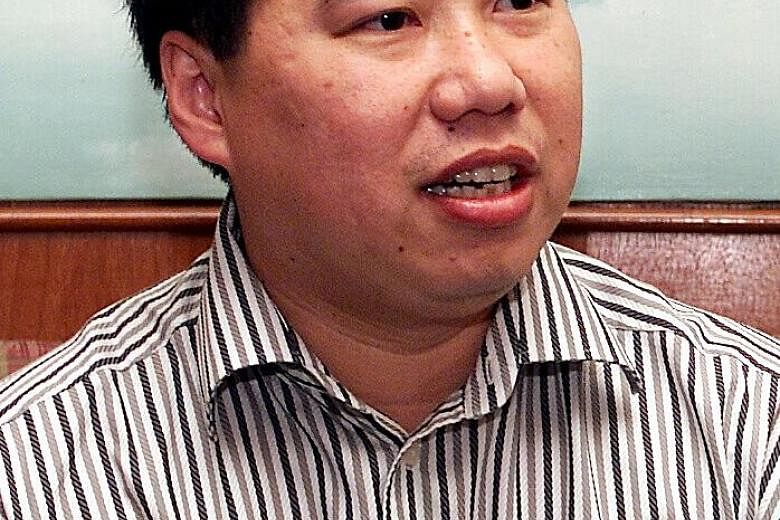Ill health is relevant to sentencing as grounds for the courts to exercise judicial mercy in exceptional cases and as a mitigating factor in ordinary cases to mete out a proportionate sentence.
But it is not enough for an offender to merely show that he is ill, if he wants the courts to impose a lower sentence on the basis of ill health, the High Court said yesterday.
If the medical condition can be treated or if being in prison makes no difference to the individual's state of health, then there would be no proper basis for the courts to adjust the sentence downwards.
The approach to adjusting a sentence based on an offender's ill health was laid out in the case of Chew Soo Chun, the ailing former chief executive of a ship equipment supplier who had doctored the company's books to keep its finances looking healthy.
Chew, 45, was sentenced to 32 months' jail last year for falsification of accounts and cheating, after his plea for a nominal two-day jail term on grounds of judicial mercy was rejected. He suffers from a host of mental and physical ailments, including claustrophobia, frequent headaches and dizziness, a blood clot that poses a stroke risk, early-stage salivary gland cancer, and shoulder tendonitis.
But the district judge said 38 months' jail was warranted for his offences though he gave him a discount of six months to take into account the greater hardship he would suffer in prison compared to a healthy person.
Chew appealed to the High Court, arguing for a greater reduction. The prosecution also appealed, seeking a higher jail term. Both appeals were heard last July before a rare three-judge panel comprising Chief Justice Sundaresh Menon, Judge of Appeal Chao Hick Tin and Judicial Commissioner See Kee Oon.
Yesterday, the court dismissed both appeals, saying the circumstances of Chew's case were not exceptional enough to warrant invoking judicial mercy. However, it also said the discount was justified.
In a 39-page written judgment, Justice Chao drew a distinction between judicial mercy and the consideration of ill health as a mitigating factor.
Judicial mercy, which is borne out of humanitarian concern, is exercised in cases when the offender has a terminal illness or is so ill that a prison term would put his life in danger. The result is a substantial reduction in the sentence, far beyond what a mitigating factor can do.
Judicial mercy falls outside the framework of proportionality as the court is not concerned so much about correlating the length of a prison term with the seriousness of the crime, but alleviating the effects of jail on the ill offender.
In contrast, ill health may be raised as a mitigating factor so that the sentence falls within the ambit of proportionality, as it takes into account the additional hardship suffered by the ill offender.


